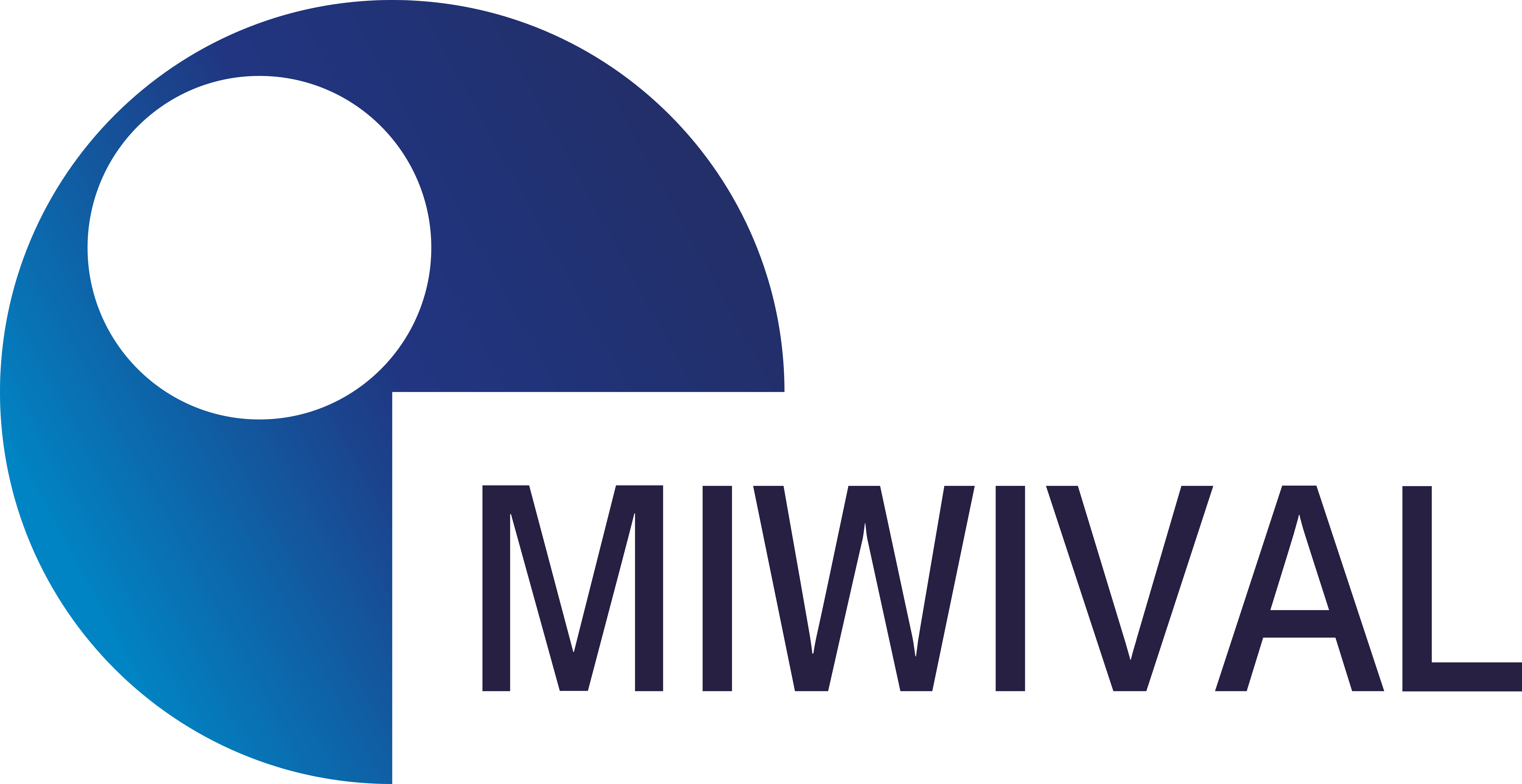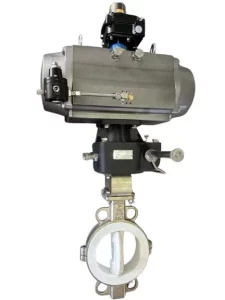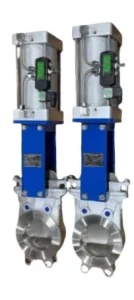Fluoroethylene Lined Butterfly Valve: Enhancing Safety and Efficiency in Chemical Plants
Overview of Fluoroethylene Lined Butterfly Valves in Chemical Plants
Definition and Functionality
Fluoroethylene lined butterfly valves are devices that are specifically manufactured to be implemented in the chemical industry, they are employed for regulating the flow of various types of liquids and gases in the system. The unit’s operational characteristics are predetermined by the presence of a rotating disk connected to an axis that rotates in order to either close or open the flow passage. When it revolves its purpose is to restrict the flow of a liquid passing through a pipeline thus, altering the system’s operational parameters. However, the critical characteristic that defines fluoroethylene lined butterfly valves is their capacity to line it with a fluoroethylene that is known to be a non-corrosive material. By installing such a detail on the valve, manufacturers increase the wear resistance of the apparatus and protect its body from destruction. The significance of this particular feature is heavily influenced by the specifics of an industry where hazardous chemicals’ transportation is a frequent occurrence. In order to maintain the level of safety and reliability at a satisfactory level, it is essential to implement measures that will contribute to the extension of the unit’s lifespan.
Applications in the Chemical Industry
Fluorine lined butterfly valves have numerous applications in the chemical industry. They are frequently used in the chemical pipelines which are supposed to convey such corrosive chemicals as acids and alkalis. Withstanding varying pressure conditions, broad application of these devices implies their implementing in both high- and low-pressure systems. Moreover, they are often introduced in water treatment facilities to serve for regulation of the chemicals conveyed for water purification treatment. Because of such multipurpose use in different chemical processes, fluoroethylene lined butterfly valves are indispensable for current-day chemical plants.
Benefits of Using Fluoroethylene Lined Butterfly Valves
Enhanced Safety Measures
Increased safety is one of the major advantages of using fluoroethylene lined butterfly valves. The fluoroethylene lining acts as a protective layer, preventing corrosion and reducing the risk of leaks. This is particularly valuable in the chemical industry, where leaks can lead to product waste and pose environmental and safety hazards. Miwival, a trusted manufacturer, offers reliable fluoroethylene lined butterfly valves that can be equipped with fail-safes to ensure rapid closure and enhance safety.
Operational Efficiency Improvements
Aside from safety, fluoroethylene lined butterfly valves also contribute to improvements in operational efficiency. The lightweight design of these valves, such as those offered by Miwival, makes them easy to handle during installation and maintenance, reducing downtime. The swift opening and closing mechanism ensures accurate flow control, optimizing chemical processing operations. Additionally, the controlled flow reduces energy costs associated with pump-driven systems, providing cost-efficiency and operational reliability. Miwival’s fluoroethylene lined butterfly valves are designed to enhance operational efficiency and reliability in various industries.
Technical Specifications
Materials and Quality Standards
Regarding materials and quality standards, fluoroethylene lined butterfly valves are also made of different materials in terms of types of construction. Specifically, they can be fabricated out of ductile iron, stainless steel, PTFE, or others; their line includes materials fulfilling the requirements of a particular chemical process. In addition, the fluoroethylene lining used on these butterfly valves may be subject to certain standards, which normally incorporates a compound resistant to wear and chemical reactions. In particular, Polytetrafluoroethylene, abbreviated as PTFE, is a polymer polymerized with tetrafluoroethylene as a monomer suitable for these conditions; it has passed the appropriate tests and is available on the market with a brand name, including different types of valves with this lining. At the same time, compliance with applicable standards and quality assurance are very important for utilizing these valves in chemical processing since they must comply with safety and construction rules.
Installation and Integration
Fluoroethylene lined butterfly valves can be installed and integrated within the existing systems relatively easily. They can be connected with all pipelines configurations, so organizations can retrofit or upgrade their systems without significant changes. The fact that it is easy to connect the products with the existing networks and infrastructure means that organizations can enhance their operational efficiency without imposing heavy costs in the terms of the pipes and systems. Additionally, the operation of the valves is simple and can be managed by a single shift; therefore, by training the staff to handle maintenance and operation organizations can ensure that the plant will run without stops.
Considerations for Selecting a Fluoroethylene Lined Butterfly Valve
Factors to Evaluate Before Purchase
When selecting a fluoroethylene lined butterfly valve for chemical processes, several factors should be considered to ensure proper operation and longevity. Firstly, the compatibility of the fluoroethylene lining with the specific chemicals involved is crucial for resistance to degradation. Additionally, the valve should have suitable pressure and temperature ratings to withstand system changes without compromising integrity. It is also important to consider the diameter of the pipeline and exclude valves that are too large for the application. Other parameters, such as production quality and customer reviews, should also be taken into account for a reliable and high-quality valve selection.
Long-Term Reliability
Long-term reliability is crucial in chemical plants, especially for equipment like fluoroethylene lined butterfly valves. These valves are subjected to harsh conditions, making high-quality materials essential for their longevity and reliability. Using better materials in both the valve body and fluoroethylene lining ensures slower wear and corrosion resistance. In real chemical factories, relying on a reliable product saves time and costs in the long run. Regular maintenance and predictive monitoring further enhance the valve’s reliability. Overall, long-term reliability is achieved through a combination of high-quality materials, proper maintenance practices, and effective monitoring.
About Miwival and Related Products
Overview of Miwival’s Expertise in Valve Manufacturing
Miwival Company is one of the leading manufacturers that use cutting-edge technologies in the field of valve technology. Concentrating on supplying such products to various chemical processing applications, Miwival has years of experience in the industry. The company focuses on designing best-in-class fluoroplastic-lined butterfly valves using advanced engineering and modern design. Moreover, Miwival implemented different standards to make sure that its products meet quality requirements and provide the best performance at every facility. In such a way, the proposed solutions address the case’s chemical industry requirements.
Related Miwival Products
Knife Gate Valves
The products of Miwival include also knife gate valves which are designed for the applications where slurries and corrosive fluids must be isolated in a reliable way. The gate that has a sharp edge cuts through the material and thus a reliable isolation is created. The valves are appropriate for the high pressure systems as the application for which they have been designed are characterized by the presence of highly abrasive and viscous media that is typical for the chemical industry. While the choice of size and configuration depends on the specific case, the knife gate valves are the important element of the Miwival products which contribute to the efficiency and safety of the process.
Due to the fact that these valves are able to deal with solid-laden fluids, they can be applied in different places including pulp and paper, wastewater treatment, and mineral processing. The latter is vital since, in the heavy particulate matter environment, managing them is required. In addition, Miwival takes advantage of sophisticated material selections as well as design practices in order to increase the lifespan of a valve, and make sure that it will operate properly even under severe conditions.
Plug Valves
Miwival manufactures plug valves distinguished by ease of use and versatility, so they are of great use in regulation of medium movement in complex systems. The plug is either cylindrical or conical, and it rotates in the valve body to either close or open the flow path. The plug rotates in the perpendicular direction to the flow of the substance, and this definitive design ensures that the medium flow can be regulated most efficiently. To increase the scope of application, Miwival offers the use of various lining materials that can withstand the action of the chemicals involved.
Plug valves have a compact design that makes them suitable for installation in limited space devices. It means they provide great adaptability to the already existing systems. Being capable of regulating both liquids and gases, plug valves turn out to be suitable for the chemical industry. The minimal leakage that the technology under analysis will offer will make the current process even more secure, as the valves will remain completely air-tight even with drastic fluctuations in temperature and pressure.







